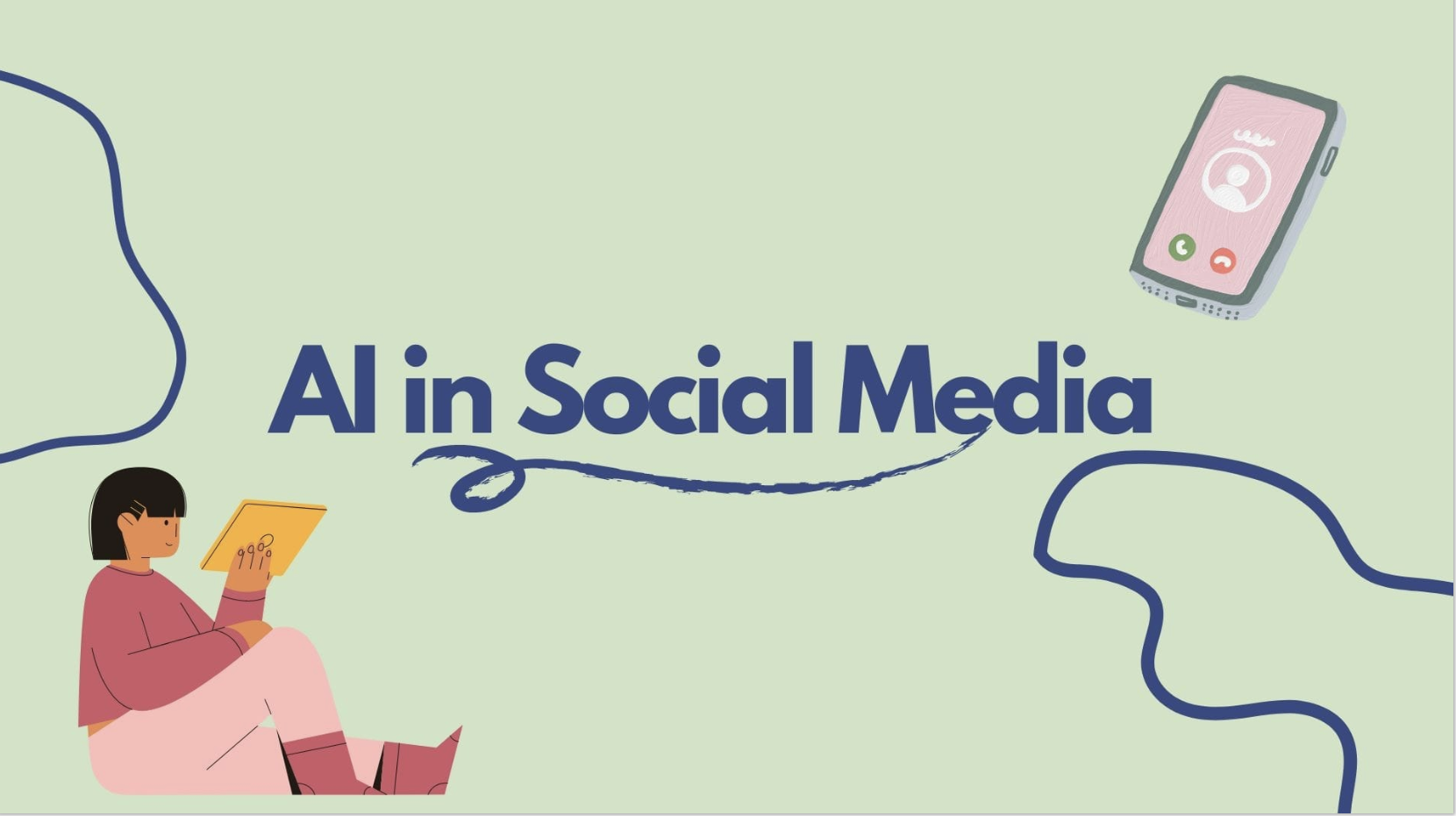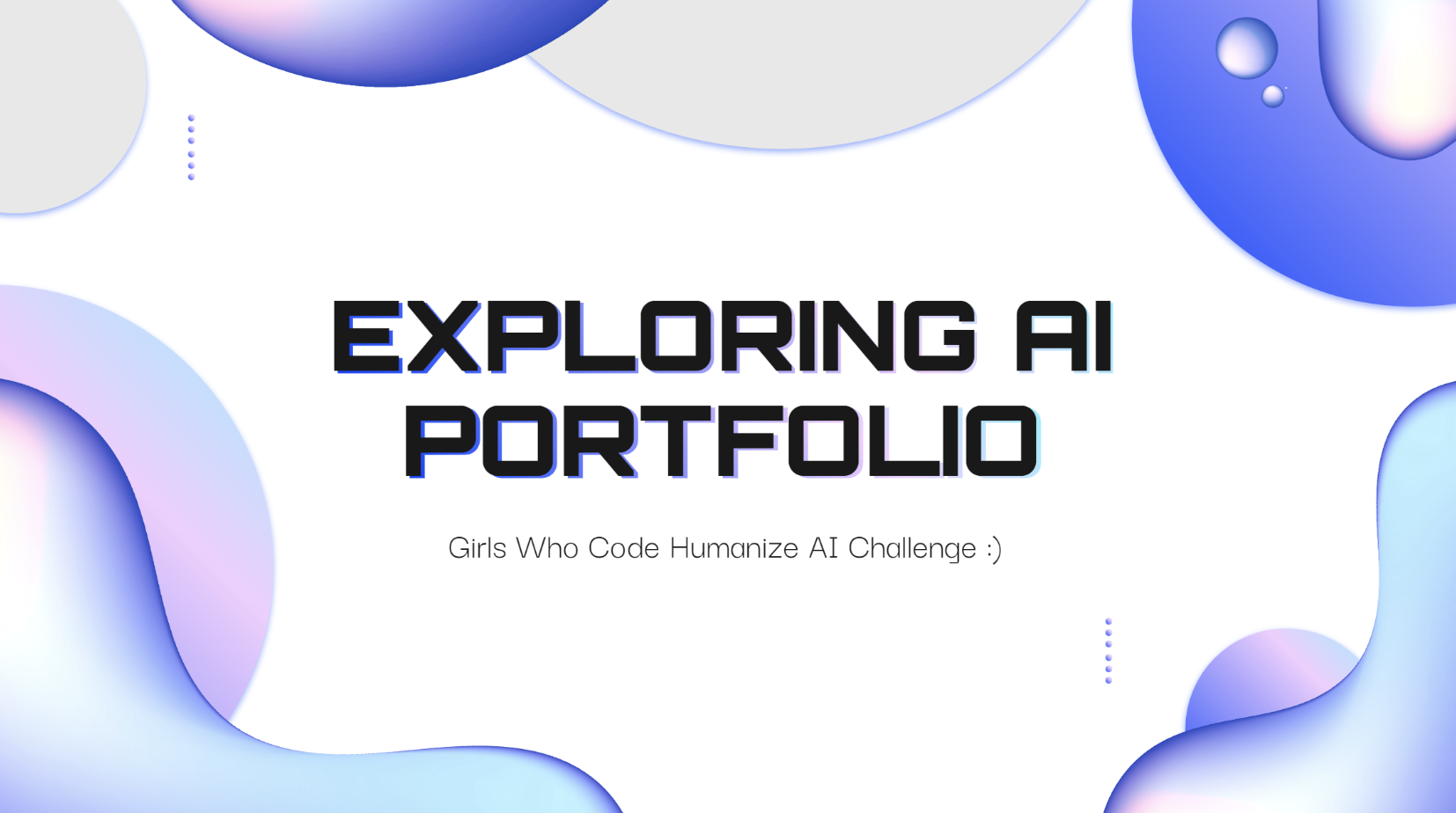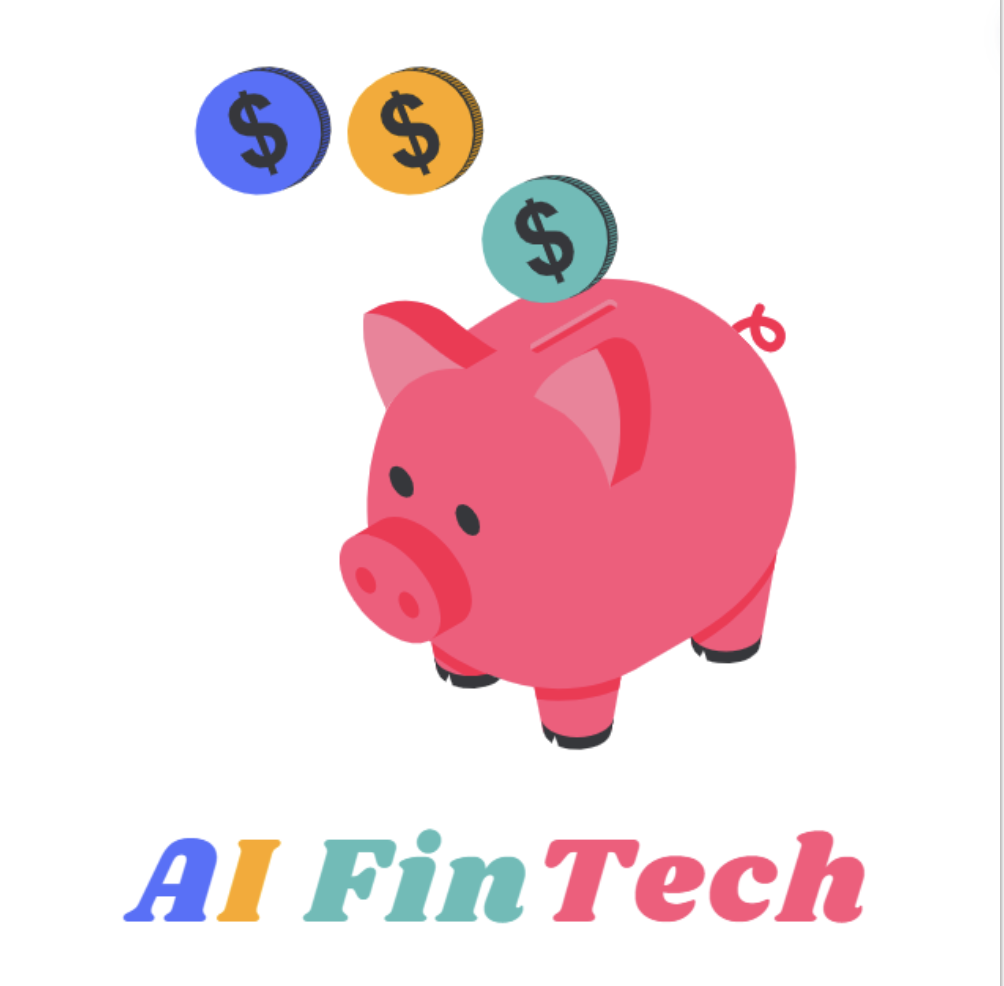AI for Good: 4 Student Projects Making a Difference
Over the past few years, artificial intelligence (AI) has taken the world by storm. From task automation to content generation, it’s fundamentally changing the way we work—accelerating project timelines, optimizing workflows, and quickly finding novel solutions to complex problems. But, as is true with every major technological development, AI’s rapid development and sudden, large-scale implementation has not been without its share of issues. As companies and individuals rush to adapt, long-standing processes are often dismantled and bypassed, leading to serious consequences. But does it have to be this way?
The Issues with AI
When AI became a major buzzword in 2023, it brought with it a new wave of challenges. Questionable learning models for generative AI led many artists and writers to speak out about the unethical exploitation of their work. Generative AI also welcomed in a new era of visual and audio deepfakes which took the internet by storm.
Simultaneously, companies rallied around the prospect of faster, better work, only to be let down—AI implementation in journalism and legal cases led to under-researched results rife with errors. Research by BBC found that 91% of AI-generated responses about news topics contained some level of factual inaccuracies, with 51% of responses flagged for “significant issues.”
But AI’s influence extends beyond just content generation. AI implementation in recruiting systems is now widespread, raising concerns about equitable hiring practices. According to the ACLU, “Recent reports indicate that 70 percent of companies and 99 percent of Fortune 500 companies are already using AI-based and other automated tools in their hiring processes, with increasing use in lower wage job sectors such as retail and food services where Black and Latine workers are disproportionately concentrated.”
And AI algorithms aren’t limited to just hiring practices. A study by the Berkeley Haas Center for Equity, Gender and Leadership analyzed 133 AI systems across various industries, ranging from housing to finance and education. The results revealed that about 44% of the AI systems demonstrated a gender bias, and nearly 26% of the systems exhibited both a gender and racial bias.
So, does this mean AI is bad? Not necessarily. Because when it’s developed with ethical principles and a focus on helping people, AI can be a force for good.
Supporting AI for Good With GWC Challenges
Girls Who Code has long supported technology for good initiatives through annual community competitions called GWC Challenges. These challenges allow middle and high school students the opportunity to identify real-world problems and offer constructive solutions through tech.
Since 2023, GWC Challenges have focused on exploring AI applications that go beyond just generating content and increasing company profits. By participating in these events, students explore innovative business solutions while addressing challenges like inequality and sustainability, proving that profitability and community impact can go hand-in-hand.
Spring 2023 Humanize AI Challenge
In 2023, Girls Who Code kicked off the conversation around using AI for good, asking students to create research projects exploring how AI can be used to create positive change in the world.
AI in Social Media by high school student Jasmine L.
One student built a website focused on how AI personalizes its recommendations for users on social media. The website aims to publicize and discuss these impacts.
“My entry for the 2023 Humanize AI Challenge is on AI in social media. I focused on how AI personalizes its recommendations for users. I know almost every teenager uses social media and is impacted by it. By making this website, I wanted to publicize and discuss these impacts.”

AI Odyssey: Exploring AI Portfolio by high school student Jasmin W.
Another student created a portfolio in the form of a slideshow presentation that showcases several different AI research projects. The presentation highlights the similarities, differences, and nuances of artificial intelligence across the music, automotive, and health industries.
“I've worked on several projects exploring the wonderful world of AI, and I decided a portfolio in the form of a slideshow would most effectively showcase my research directions with their similarities, differences, and respective nuances.”

2023-2024 AI4FinancialGood Challenge
The next challenge was more hands-on. Tasked with exploring how AI can be used to help people with their financial needs, students drafted AI tools that supported people with things like budgeting while addressing critical issues of inequality in personal finance education.
AIFinTech by George Mason University College Loop
AIFinTech is an app aimed at helping immigrant families manage personal finances. The app goes beyond simple budget tracking, offering families advice on how to increase investment yields. By bridging cultural and financial literacy gaps, it empowers immigrant communities to find new pathways to financial growth and economic stability.
“We wanted to create a financial app for immigrants, so we focused a lot on financial literacy. We also focused on how we could use different AI models as a form of multimedia through the app, such as different statistical models to predict spending or classify categories of transactions. We focused on budget apps, but wanted to go beyond simply tracking a budget, and offer advice on how to increase investment yields.
We also explored different AI models and fields, like computer vision or machine learning, and looked at how they are being used for predictive analysis.We chose an app because immigrants typically use apps in other countries and cell-phone apps are growing to be more popular. Phones have a high accessibility rate and low financial cost compared to owning a laptop.”

Budget BFF by Metropolitan State University of Denver College Loop
BudgetBFF is an app aimed at making financial education and budgeting accessible to everyone. It does this through customized learning modules focused on financial literacy.
“Our project is dedicated to making financial education and budgeting accessible to everyone. We strive to ensure that individuals from diverse backgrounds and varying levels of education can benefit from our platform through: personalized, AI powered learning modules + article recommendations, personalized, AI powered budget creation, instant access to expert advice and answers through an AI chatbot. Time management was the biggest challenge.”

2024-2025 AI + Sustainability Challenge
This year’s AI + Sustainability Challenge asks students to build projects exploring how AI can create a more sustainable future, focusing on topics like energy, clothing, food waste, wildlife, cities, or transport. Winners will be announced at the end of March 2025.
Shaping the Future of AI
Events like GWC Challenges offer middle and high school students more than just a gateway into tech—they encourage students to think critically about how they can make a difference in the world and help them take actionable steps towards change.
Given that underrepresented groups are disproportionately affected by AI, it’s crucial that they have a voice in its continued development. Providing the next generation of industry leaders with the skills, understanding, and confidence to impact their communities through AI technology is the key to ensuring equitable development of future tech.
Want to learn more about GWC Challenges? Check out our GWC Challenges page for information on active events, how to participate, and more.


